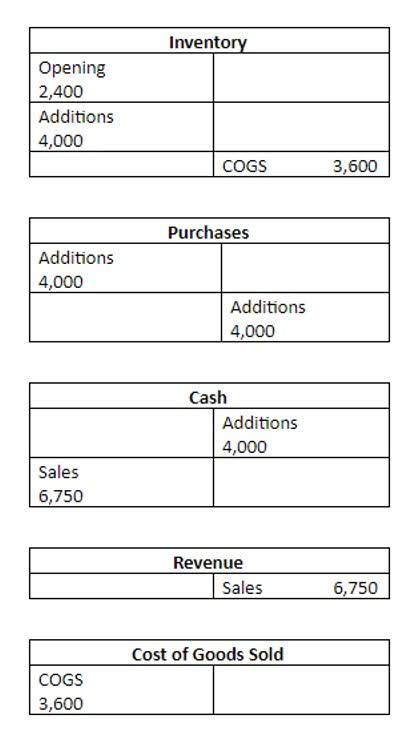What Are Dividends in the Stock Market? How Do Dividends Work? The Motley Fool

The two entries would include a $200,000 debit to retained earnings and a $200,000 credit to the common stock account. In addition to dividend yield, another important performance measure to assess the returns generated from a particular investment is the total return factor. This figure accounts for interest, dividends, and increases in share price, among other capital gains. To compare multiple stocks based on their dividend payment performance, investors can use the dividend yield factor, which measures the dividend in terms of a percentage of the current market price of the company’s share. We also conducted additional checks to ensure that our results were not disproportionately influenced by any specific subset of respondents, considering various firm characteristics and industry classifications. The results in Table 14 indicate that the coefficients for REPURCHASE are insignificant across all regressions.

1 Profile of respondents and firms
The Bank https://x.com/BooksTimeInc also operates as First Merchants Private Wealth Advisors (as a division of First Merchants Bank). Next, we conduct a one-sample t-test for the null hypothesis that the mean importance level of each factor equals 2 (moderate importance). Table 6 reports the results, ranking the factors by their mean scores and corresponding t-statistics.
3 Theories and explanations for a no-cash dividend policy
Additionally, 73.3% of the managers identify their CEO (42.9%), CFO (19.0%), or chairperson (11.4%) as the most both cash dividends and stock dividends influential in shaping dividend policy. In comparison, 26.7% believe that all board directors are equally important in this process (Panel C of Fig. 2). We then further refined our sample by including only those companies with a minimum of five years of listing history on the LSE before the fiscal year 2020, specifically between 2015 and 2019. This criterion ensured a sufficient timeframe to analyze the dividend policy decisions of corporate executives.

Dividend Yield and Payout Ratio
- Let us discuss what are cash and stock dividends and their key differences.
- However, they may not provide immediate income and can dilute the value of existing shares if the company’s overall value doesn’t increase.
- The t-test results reveal statistically significant impacts in four areas at the 5% or 1% levels.
- More investors may decide to buy shares, improving the company’s image in the market.
- This payment is a fixed sum in proportion to the number of shares owned by the shareholder.
- For example, suppose that a company provides a stock dividend of two shares for every share held.
- Furthermore, tax considerations apparently are not a major reason for LSE managers when deciding not to pay dividends.
We used this approach to examine the differentiating firm characteristics of non-dividend-paying and dividend-paying LSE firms. Relatedly, our initial sample consists of 301 firms that did not pay cash dividends (non-payers) and 422 firms that distributed a cash dividend at least once (dividend payers). Accordingly, we developed three research models based on our survey findings. https://www.bookstime.com/articles/reversing-entries We used three dependent variables and different regression techniques to provide more robust results. To answer RQ6, we asked LSE corporate managers about how the state of the economy affects their perceptions of consistently paying no cash dividends.

When are they paid?
Stock dividends are thought to be superior to cash dividends as long as they are not accompanied by a cash option. This, however, like the cash dividend, does not increase the value of the company. If the company was priced at $10 per share, the value of the company would be $10 million. After the stock dividend, the value will remain the same, but the share price will decrease to $9.52 to adjust for the dividend payout. A stock dividend is a reward for shareholders made in additional shares instead of cash. The stock dividend rewards shareholders without reducing the company’s cash balance.

Is Lemonade Stock a Solid Long Term Investment?
If the company does not perform well, its share prices will fall which would eventually lower shareholders’ return from stock dividends. If a company keeps a consistent dividend policy, it may have to borrow money to pay cash dividends that may incur interest costs. As most investors expect a consistent stream of income, they prefer cash dividends.
These exclusions narrowed our sample to 888 non-financial and non-utility firms listed on the LSE. Dividend stocks are a potentially dependable way to bring in some extra income while keeping your investments steady, even when markets get unpredictable. They offer a nice balance—helping you grow your wealth over time with the bonus of regular payouts. Dividend stocks can be a great way to earn a steady stream of income from your investments, all while letting your portfolio grow over time. When a company shares its profits with you as a shareholder, it’s like getting a reward just for owning their stock. This is one main reason why they are an attractive option for investors of all levels of experience and expertise.


